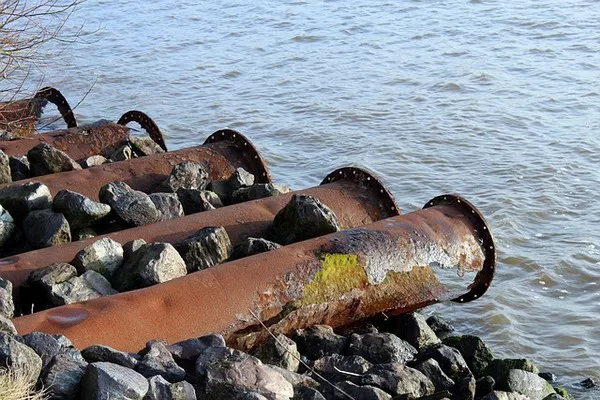Phosphorus contamination in wastewater poses a global threat, fueling harmful algal blooms that endanger ecosystems and human health. To tackle this issue, researchers at the National Renewable Energy Laboratory (NREL) collaborated with Gross-Wen Technologies and the Metropolitan Water Reclamation District of Greater Chicago under a U.S. Department of Energy grant. Their aim was to enhance the Revolving Algal Biofilm (RAB) system, a cutting-edge technology utilizing algae to efficiently accumulate and remove phosphorus from wastewater, presenting a promising solution to minimize the environmental impact.
In a study published in Frontiers in Microbiology, the research team investigated specific algal strains within the RAB system, identifying those with enhanced phosphorus removal capabilities. The unique behavior of algae, known as “luxury uptake,” allows them to absorb phosphorus beyond their immediate nutritional needs, making them valuable contributors to wastewater treatment.
The RAB system cultivates phosphorus-laden algae on a revolving belt in wastewater, offering a sustainable approach to phosphorus removal. Once harvested, the algal biomass can be repurposed as agricultural fertilizer or utilized in the production of biofuels and bioproducts, closing the phosphorus-cycle loop and reducing reliance on finite phosphorus resources.
Lead author Eric Schaedig highlights the significance of isolating phosphorus-hyperaccumulating algal strains, stating, “From a biological perspective, if we can isolate and enrich RAB systems with these hardworking algal species, it would boost the efficiency of the overall system and help us close the loop on the phosphorus cycle.”
The study involved isolating nearly 770 algal strains from various RAB systems across Iowa and Illinois, identifying 101 unique strains with promising polyphosphate content. Notably, seven strains demonstrated at least 50% more polyphosphate compared to the baseline RAB system, showcasing their potential for optimizing phosphorus removal.
In addition to enhancing phosphorus recovery, the research suggests broader applications for these algae, such as the recovery and reuse of other valuable resources lost in wastewater. Jianping Yu, principal investigator at NREL, emphasizes the multifaceted benefits, stating, “The strains isolated in this study may be promising for other algal waste-remediation applications, like removing or recovering harmful or valuable metals from industrial processes and wastewater.”
This research marks a significant stride toward sustainable wastewater treatment, offering a glimpse into the potential of algae-driven technologies to address environmental challenges and promote resource recovery.

